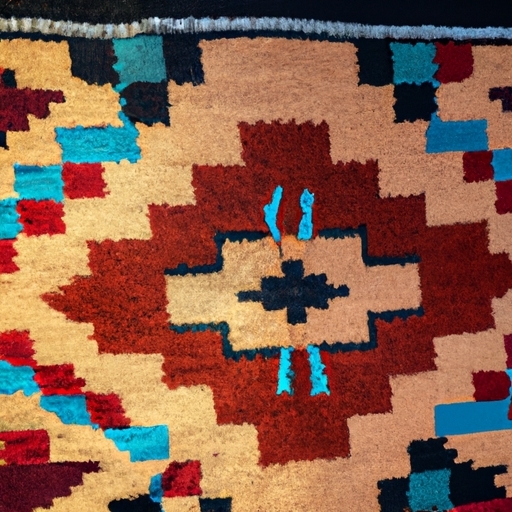
Navajo rug dealers
History and origins of Native American carpet making
Navajo rugs hold deep cultural importance. They are crafted using traditional techniques passed down through generations. These intricate designs and patterns tell stories of the Navajo people's history, beliefs, and way of life. Navajo rug dealers play a crucial role in preserving and promoting this unique art form. By connecting buyers with authentic Navajo rugs, dealers help support local weavers and keep the tradition alive for future generations to appreciate.
The significance of Navajo rugs goes beyond their artistic value. They also serve as a source of income for many Navajo families, providing economic stability and opportunities for growth within the community. As such, Navajo rug dealers have a responsibility to uphold ethical practices and ensure fair compensation for the artisans who create these beautiful works of art.
In conclusion, Navajo rugs are not just decorative pieces; they are powerful symbols of cultural heritage and tradition. Through their work, Navajo rug dealers play a vital role in preserving this rich legacy and supporting the livelihoods of indigenous artists. It is essential to recognize the history significance of these rugs and the important role that dealers play in keeping this ancient art form alive.